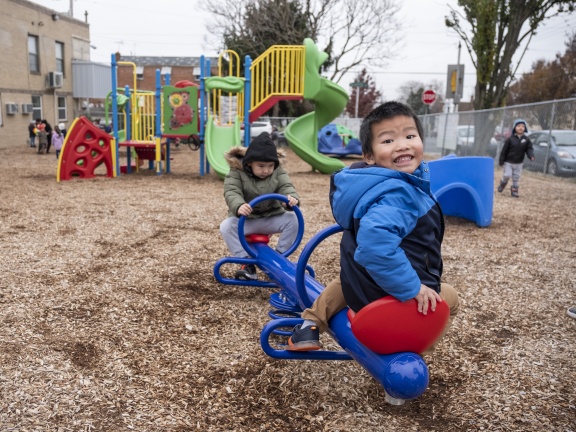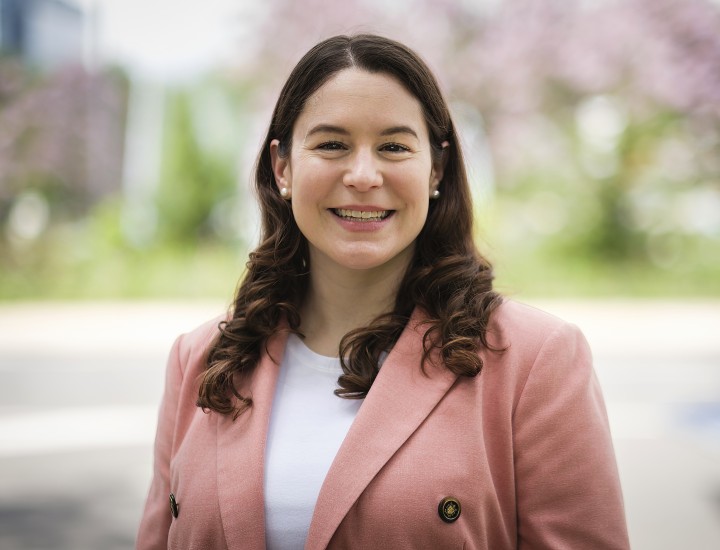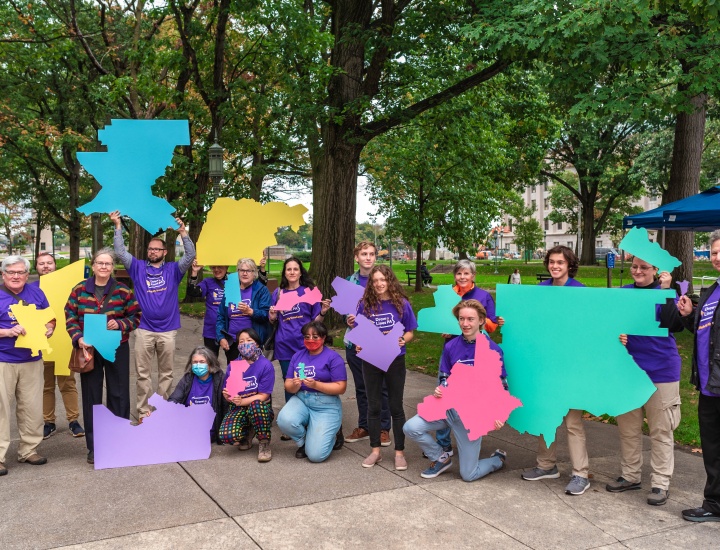Children and Families
Supporting the healthy development and academic success of young Philadelphians.
For young children to have a better start in life and be school-ready, they need strong foundations. Our Children and Families Program is designed to address the most pressing issues facing children ages 0 to 8, their families and caregivers, and the systems that are intended to serve them.
We want to expand the availability of high-quality, early childhood educational opportunities and more learning opportunities during out-of-school time. We want to make sure young learners have the teachers they need – teachers who are well trained and effective, share lived experiences with their students, and stay in the profession.
We want to help make sure families have stable places to live and can access mental and behavioral health resources and the public benefits they are eligible for. We want to support efforts to increase equitable public funding for the public services that support children and families.

Do your programs and services advance our Children and Families objectives? Learn about the outcomes we are working toward and related funding opportunities.

Strategy
We expand programs and supports that improve well-being and economic security for children and families.

Strategy
We increase access to high-quality education and enrichment opportunities for young children in Philadelphia.
Strategy
We support advocacy efforts to advance adequate and equitable public funding for child-serving systems.
Children and Families Team
See All Awarded Children and Families Grants
Use our search tool and filter by Children and Families to see previously awarded grants and grantees.
Interested in funding?
Click 'How to Apply for a Grant' to learn about our application process.
If the Children and Families program isn’t a match for you, explore our other programs to find what's right for your organization.
Program Advisory Committee
The Children and Families program is supported by a Program Advisory Committee, which provides knowledge, expertise, experience, and insight to inform the judgment of Program staff.






